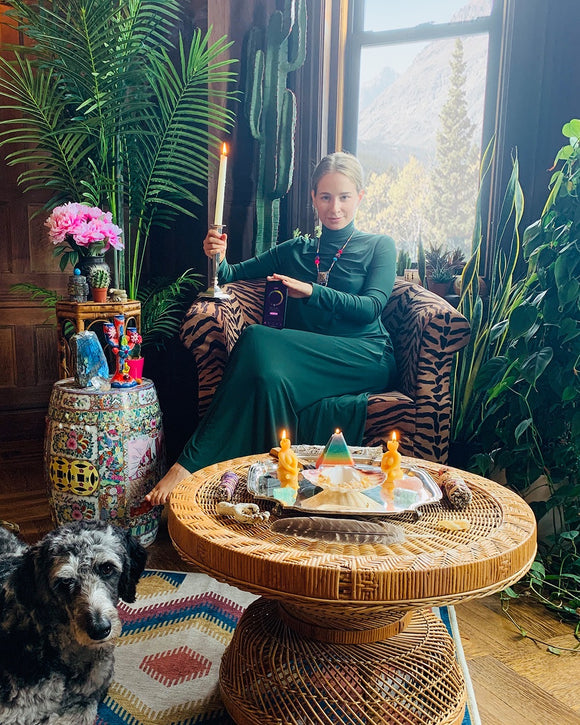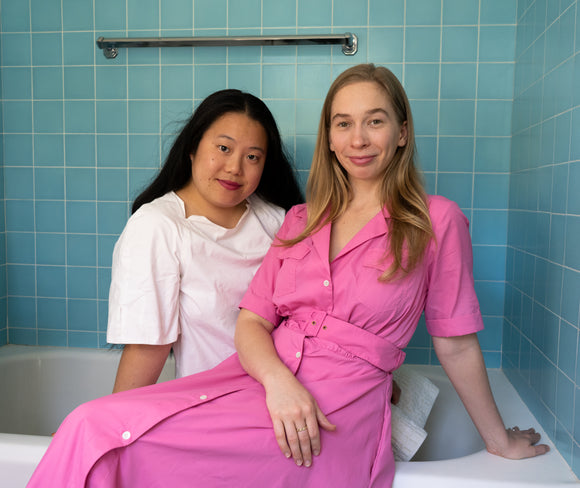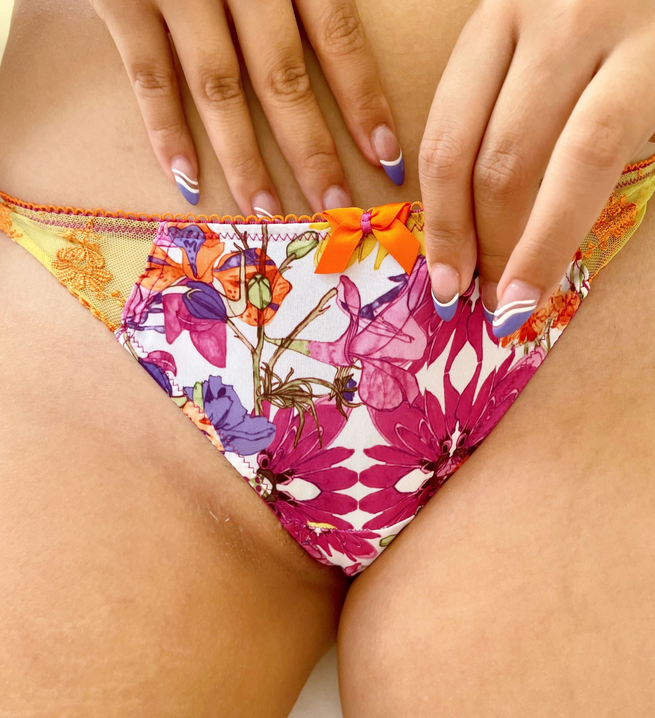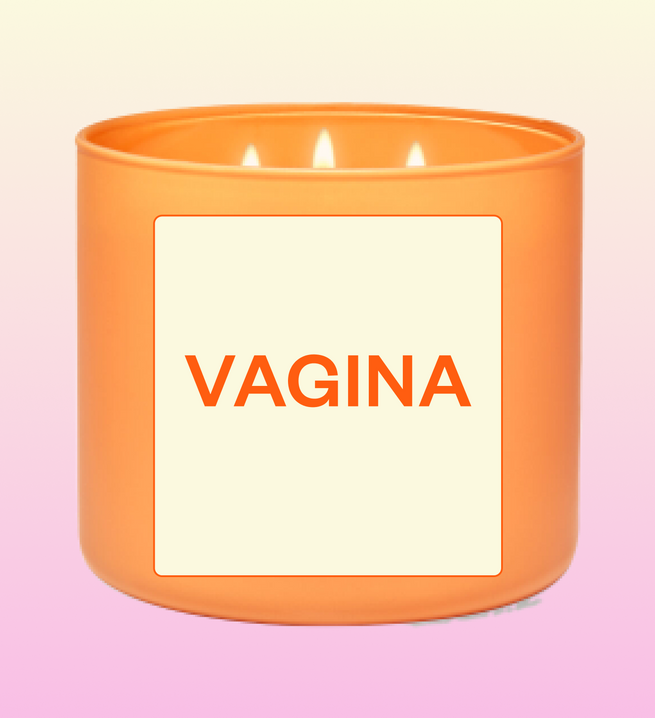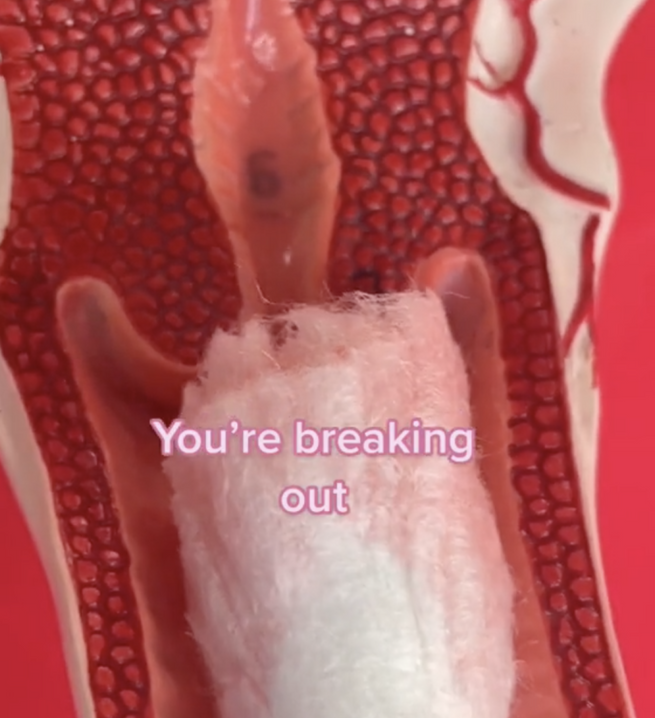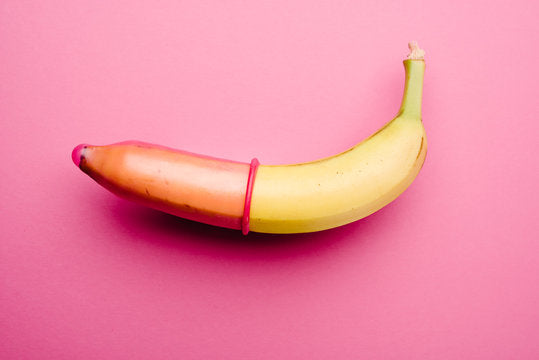
The State of Sex
Cheeky Team
Where is America really at with sex education?
A Planned Parenthood poll from 2014 found that 93% of America parents supported middle-school sex education and 96% supported it being taught in high school. Promising stats, right? Well, unfortunately, they don’t translate to the actual state of sex education in this country.
Reproductive rights organization, the Guttmacher Institute, broke down the sex ed requirements in U.S. schools, and the numbers are pretty sobering. They reported that only thirty-eight states and the District of Columbia actually mandate sex education and/or HIV education. Only 20 states require provision of information on contraception while 28 require that abstinence be stressed. On a positive note, all 38 of the states that mandate sex ed also require that sexual violence prevention be included in the curriculum. And 35 require that info about skills for healthy romantic and sexual relationships also be taught. That said, only 11 states require that the importance of consent be covered. Honestly, all of these numbers are pretty dizzying and ultimately much of it feels very contradictory. Even in states that technically mandate sex education, that education might be sorely lacking in real world applicability, or might stigmatize sex before marriage, homosexuality, trans identity, or pleasure in a way that’s extremely harmful.
Overall, the state of sex education, at least on an institutional level, doesn’t feel too promising. Sex education for people with vaginas seems particularly lacking on an institutional level. It’s great to be taught about contraception and getting your period, but there’s more to sexual education than basically just learning how to not get pregnant. Knowledge around sexual pleasure, creating sexual and emotional boundaries, healthy relationship, and everyday vaginal health is essential and shouldn’t be treated as auxiliary, though it often is.
Luckily, school and parents aren’t the only places where people can go to educate themselves. There’s an abundance of information available on the internet for self-education. The major hurdle there, though, is discerning good advice from bad. Social media is a double-edged sword when it comes to health information. Bad practices like vaginal steaming (not good for you) can go viral just as fast as accurate information about the importance of peeing after sex (very good for you). When Cheeky Bonsai got on TikTok they saw an opportunity to fill an essential gap in sexual and vaginal health education on social media. There was a need for accessible, direct, OBGYN-backed information. In a recent Fast Company article, Cheeky Bonsai co-founder, Elise Johnson, wrote “Theoretically, Gen Z shouldn’t lack information on sexual health or anything else. They’ve grown up digital with all information at their fingertips. But our content was clearly filling an education gap and connection gap on taboo health topics. The reason? Gen Z is looking for more than dry medical facts. They want the raw, real, and relatable.”
Medically-accurate information shouldn’t be taboo and shouldn’t be hard to find. It should be easily accessible in the same spaces where we spend our usual screen time. That’s what Cheeky Bonsai is striving for with their educational TikTok videos and their overall mission to normalize conversations around everyday vaginal health.
Although institutions may be failing on the sex education front, there are tons of amazing organizations, companies and platforms out there striving to support on the ground effort and spread accurate information.
Advocates for Youth, a organization that partners with young people worldwide to support in their fight for sexual health, rights, and justice. They aim to empowers people creating change in their own communities and aims to “shift the current cultural paradigm in which we live from one that too often stigmatizes youth and youth sexual development to one that embraces youth as partners and recognizes sexuality as normal and healthy.” Their network of activists is a hundred thousand strong and they have a presence on over a thousand campuses and communities. Some of their programs include Abortion Out Loud, which supports and connects people to abortion care, Know Your IX, which organizes against sexual and dating violence, Young Women of Color 4 Reproductive Justice Collective, which aims to decrease sexual health disparities in communities of color, and many more.
An amazing platform for directly sourcing vaginal health information is, Pussypedia. This platform was founded by a journalist, an artist, and a designer but has involved over two hundred volunteers who have sourced, written, and fact-checked to create a database of vaginal health information. The encyclopedia is bilingual and even includes a digital 3D model of the entire “pussy” system. Their explanation of using the term pussy for reasons of inclusivity is also very compelling. “We propose a new gender-and-organ-inclusive use of the word which means “some combination of vagina, vulva, clitoris, uterus, bladder, rectum, anus, and who knows maybe some testes.”
Like Advocates for Youth, Pussypedia, and countless other orgs and companies, Cheeky Bonsai’s strives to destigmatize everyday conversations around sex and health. The goal of sharing accurate, shame-free information is to normalize conversations that never needed to be taboo and, hopefully, through the massive efforts of many people combined, there's a future where they won’t be.
